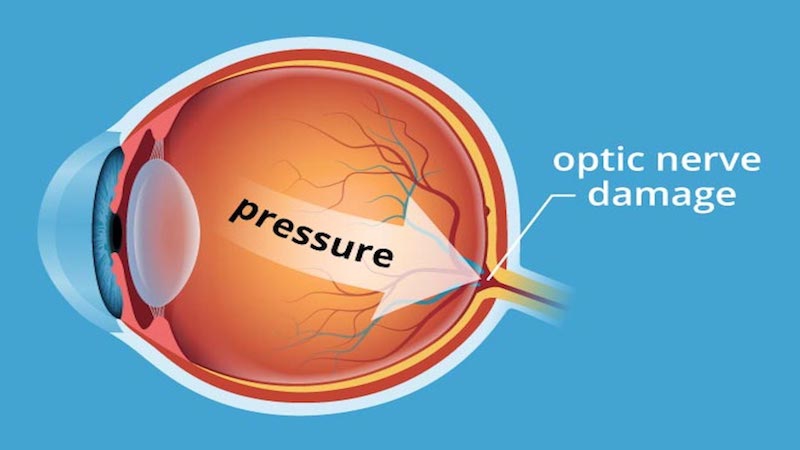Glaucoma is a disease that leads to vision loss due to damage of the optic nerve. It is also known as “The thief of vision” because the damage tends to happen in a very subtle manner and typically starting as vision loss in the peripheral field.
A common misconception is that we are able to tell if we have glaucoma by “self assess” our peripheral vision. Unfortunately, glaucoma change is too subtle to give you any symptom or warning signs in the early stage. Except for rare cases e.g. Acute Angle Closure Glaucoma, where people will suffer from severe headache or eye pain, most glaucoma patients will not notice the problem until they have significant vision loss. The best way to make sure someone does not have glaucoma is by doing regular eye examinations.
Symptoms of acute angle closure glaucoma:
● Eye pain
● Seeing halos around lights
● Severe headache, blurry vision and/or feel like to throw up due to severe headache.
● Suspected difficulties with peripheral vision and frequently bumping into people or objects when you are
getting around
How does glaucoma take away our eyesight?
Glaucoma causes irreversible vision loss by damaging the optic nerve. Today we still have not fully understand what causes glaucoma, but we know that if the pressure inside the eye is too high it can cause damage to the optic nerve. The level of eye pressure that can cause damage to optic nerve varies between people. Some may have high pressure without optic nerve damage, while others with normal eye pressure can still develop optic nerve damage. At the moment, treatment around glaucoma is aimed at lowering the eye pressure and early detection is very important.
What can I do to prevent blindness due to glaucoma?
Despites the fact that glaucoma often have no symptoms and cannot be self-detected, certain categories of people tends to have higher risk of developing glaucoma:
● people with high degree of long or short sightedness
● people with family history of glaucoma
● people who suffers from systemic conditions (e.g. diabetes, hypertension)
● Older people
Regular eye examination can make a huge impact on prevention of vision loss due to glaucoma by early detection and timely referral to slow down the progression of glaucoma.


